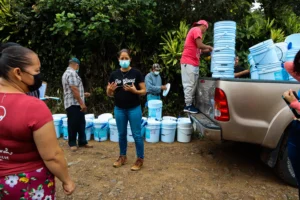
Vf100 Water Filters in Honduras
Honduras is one of the many countries in the world that has been plagued by unsafe drinking water. Due to problems such as pollution, climate
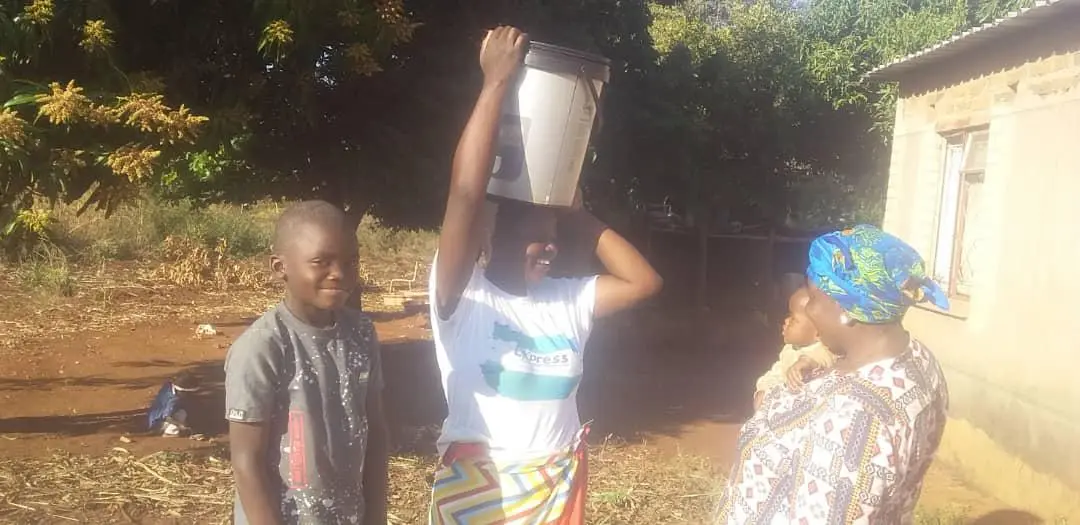
“You can go to the furthest village on Earth and you will find Coca -Cola.”
Jeremy paused after saying this.
“In the same way, the furthest village on Earth who needs drinking water, it’s Nestlé, a French company, whose water is there… and Nestle is making the money.”
In speaking with Jeremy, the director of two faith-based organizations founded to help some of Africa’s poorest communities, I realized that non-profit organizations can give aid while promoting sustainability at the same time.
NGOs may wish to use economic activity as their value-add rather than basic philanthropy. Both search for the creation of economic foundations to reduce some future social burden.
Here at Business Connect, we’ve witnessed discussion in public policy and among intervention programs on the best way to support communities. Many organizations have said they tried market based solutions but couldn’t make them work.
Or some say that market based solutions can’t reach the poorest of the poor, only the middle class. Should we support communities with philanthropy, or market-driven solutions? What if we could have both?
Jeremy’s perspective provides insight into this debate. As a leader within Africa for Christ and Khanyisa, his approach combines spiritual and material development—enabling communities to rise out of poverty not just through aid, but through empowerment.
What if the product you give a community enables a more sustainable enterprise to form?
Africa for Christ is a church-planting organization operating in 11 countries. Their mission is rooted in spiritual growth, but they also focus on pathways out of poverty through community development efforts like clean water projects, medical aid, and food distribution.
With 80 church planters throughout Southern Africa, their mission is not tied to church ‘buildings’—they hold gatherings under trees, with makeshift roofs, but they all have one thing in common: they are “the body of Christ meeting together.”
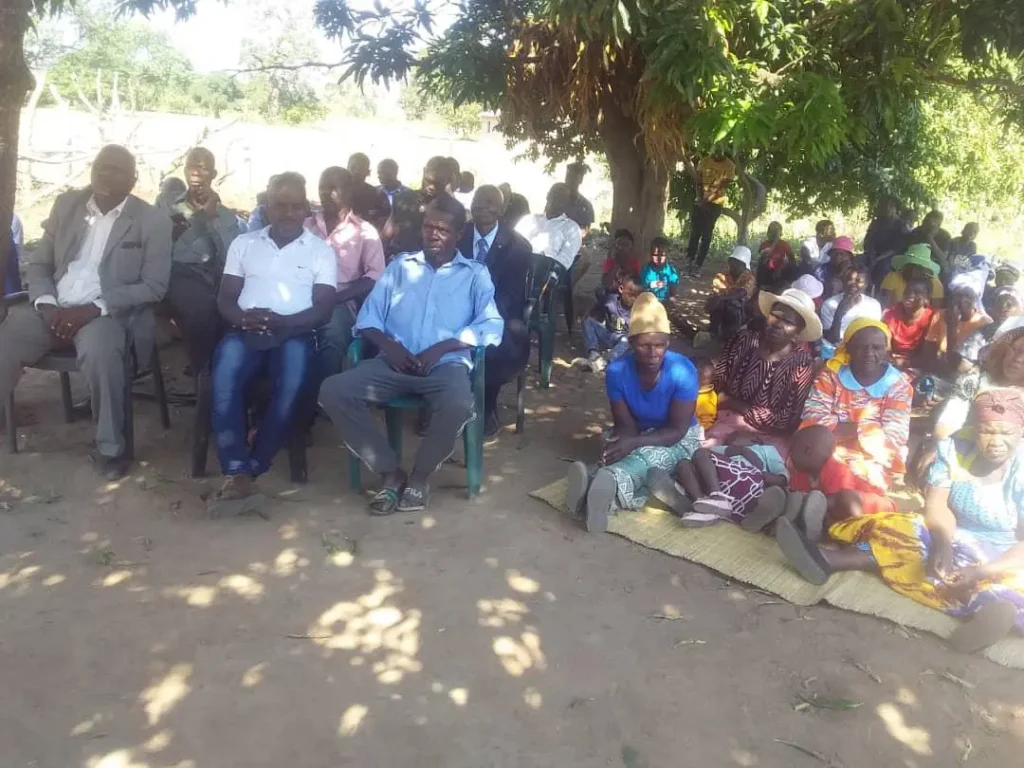
Jeremy’s focus is on spiritual growth, discipleship, and community development through evangelization, Bible study programs, and foundational discipleship courses. Additionally, they distribute Bibles and printed Christian materials and offer ministry and missions training.
In addition to spiritual work, they are actively involved in material development efforts like clean water projects, vegetable gardens, microcredit for small businesses, and preschool education.. These community initiatives are not just short-term fixes but long-term investments in the people’s well-being.
Jeremy also directs Khanyisa, which means ‘to shine,’ in Zulu. in Founded in 2012, Khanyisa was born from a group of concerned Christians who wanted to uplift the disadvantaged areas of the Eastern Cape and support healthy local Xhosa churches. Khanyisa now has four main ministries:
Khanyisa’s work is rooted in both local impact and a broader global mission, with a special emphasis on empowering communities through small business development.
Jeremy has now organized several filter distributions to these impact points. In working with our South Africa Hub Manager, Alex Olivier, he has been able to purchase several Wateroam filters and VF100s.
Founded in 2014, Wateroam is a social enterprise created by three passionate undergraduates from the National University of Singapore. Since then, Wateroam has created a global network similar to our own—a key component of Wateroam’s success lies in its use of 0.02-micron ultrafiltration technology, featured in both the ROAMfilter Mini and ROAMfilter Plus.
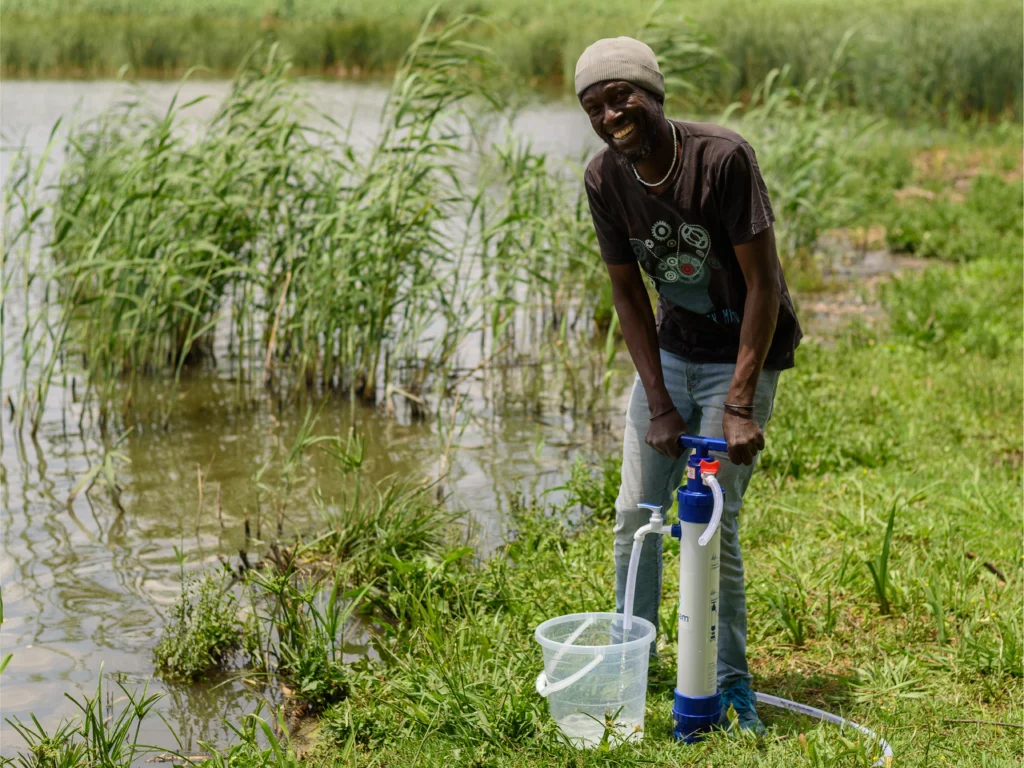
These advanced water filtration systems enable them to remove not just bacteria and protozoa, but also viruses—a critical feature for ensuring safe drinking water in areas where waterborne diseases are prevalent.
“I think the ROAMfilter is one of those once-in-a-lifetime [solutions], and for a whole continent,” Jeremy said to me.
The ROAMfilter Mini 2 is designed for portability and ease of use. It can filter up to 500,000 liters of water and is ideal for small groups or families. With its ultrafiltration membrane, it purifies water directly from the source, ensuring even the smallest contaminants are removed.
For larger groups, the ROAMfilter Plus 2 offers the same virus-filtering ultrafiltration membrane with the capacity to process up to one million liters of water. With a manual flow rate of 200 liters per hour, it can support entire communities.
These water filters changed two mens’ lives—as well as the lives of their families.
Jeremy gifted a ROAMfilter to a man named Ben in rural Zimbabwe.
Ben took the ROAMfilter and began to pump water from a nearby stream. For the first time, his village had clean water. But Ben didn’t stop there. He began selling the water to his community, not only meeting their immediate needs but also supporting his family and improving his livelihood. The water he sold to his community was cheaper and safer than their alternative.
Ben’s efforts weren’t just material; as a church planter, Ben also nurtured the community spiritually, intertwining his faith and economic development.
In the Limpopo Province of South Africa, another man named Oupa lived in an informal settlement on the outskirts of town. He and his family resided in a metal shack, sleeping on a mattress supported by crates.
Before obtaining a ROAMfilter, Oupa was spending about $17 USD per month on water. His total income was around $100 per month, and water was a significant financial burden.
With access to the ROAMfilter, Oupa is now able to provide clean water for the entire community. His family’s water costs have dropped to nothing, and he even sells filtered water to his neighbors, and is able to pay for his children’s school fees. What started as a simple act of necessity has turned into a sustainable business model, benefiting the community and his family alike.
Oupa is now building a four-bedroom home for his family, upgrading their lives significantly because he is able to save money on water.
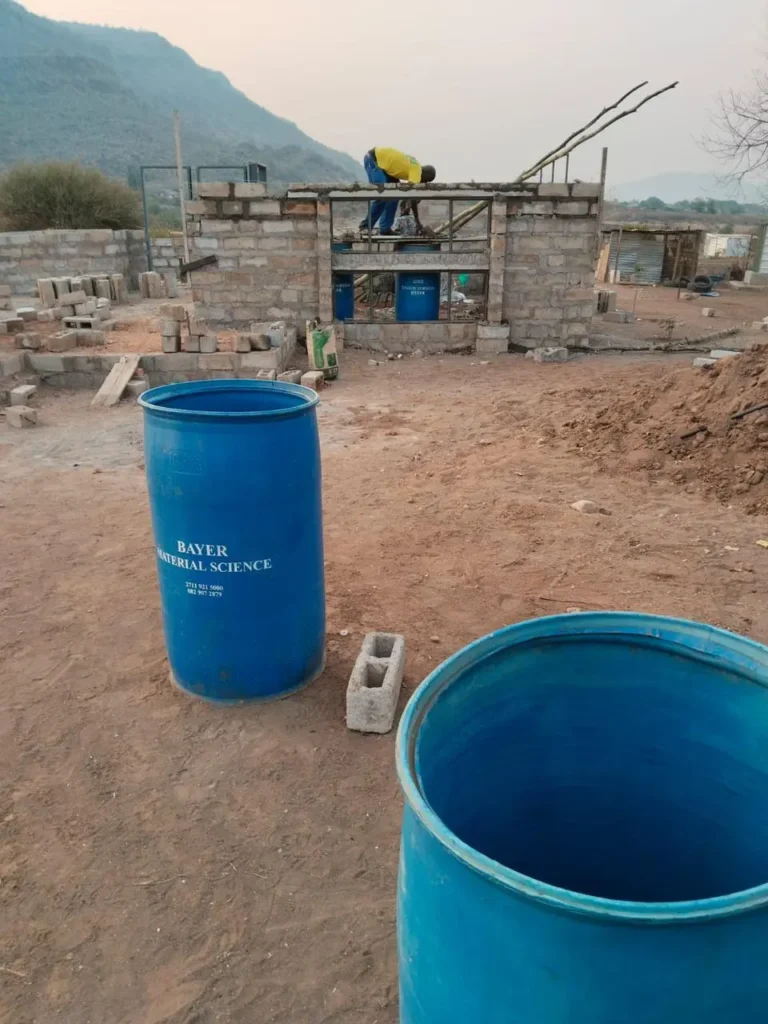
The stories of Ben and Oupa highlight a new model of development for NGOs like Jeremy’s, one that is market-driven rather than charity-based. This approach encourages NGOs to recommend that their beneficiaries use their products in an economically sustainable way: if clean drinking water would benefit the beneficiary’s community, and is better (i.e. cleaner, cheaper per liter) than the alternative drinking water supply, this model can work.
Small businesses like Ben’s and Oupa’s are critical to building markets, providing not only clean water but also economic opportunity. These businesses offer a path to greater self-sufficiency, allowing communities to break free from cycles of dependency and poverty.
With sustainable technology like the ROAMfilter, and the right mix of factors, charity and enterprise can intertwine for the first time.
Better local initiatives would help African political and business leaders address some major concerns that have arisen during the continent’s issues, including continuing mass poverty, political instability, and income inequality across African regions.
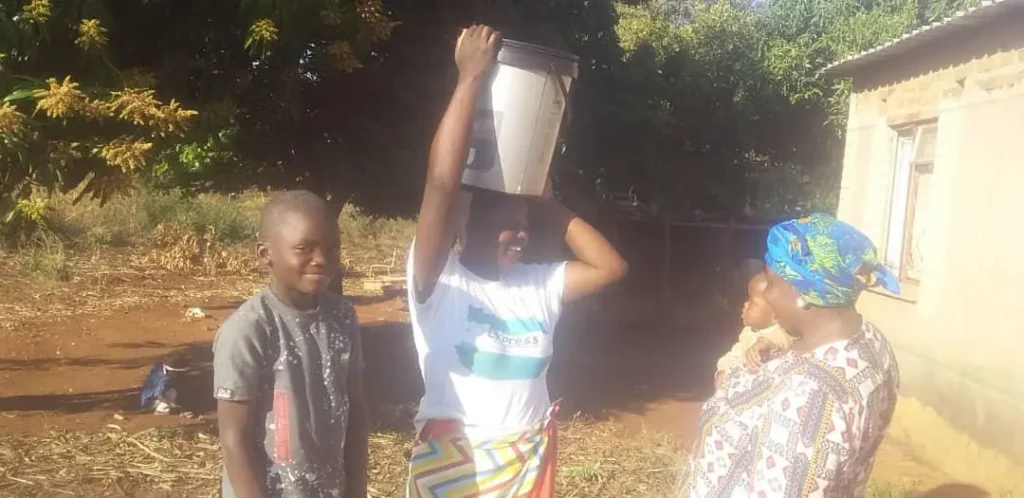
Though the ROAMfilters were granted for free, they presented a sustainable, long-lasting water filtration system for the two men, who were then able to use that technology to build small businesses.
Sustainable local small business development can not only generate productive employment opportunities but also support modernizing political and business policies. Local empowerment is more likely to occur in an environment without political repression, but it is not impossible in areas of political corruption.
At Business Connect L3C, we believe that creating business connections in local communities is the key to long-lasting change. If you want to partner with us on these initiatives, reach out today. Together, we can make a difference—one small business, one filter, and one community at a time.
For NGOs in South Africa, and the Southern African region, connect with our regional hub here.
For other parts of Africa and global inquiries, connect with us here.

Honduras is one of the many countries in the world that has been plagued by unsafe drinking water. Due to problems such as pollution, climate

Why not give the gift of purified water this holiday season? Whether your loved one likes to travel, wants to have a more sustainable environment,
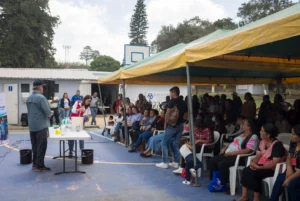
Miriam Gutierrez, one of Water4Life Ministries partners, is essential in providing assistance to families in vulnerable conditions in both Mexico and Guatemala. Water4Life Ministries is
We're undergoing some maintenance. Please excuse the mess!